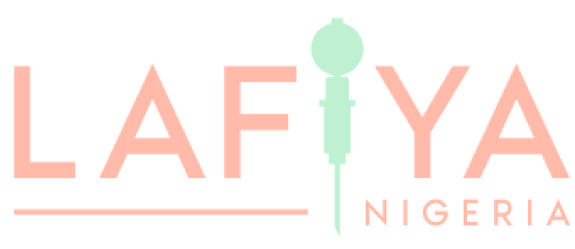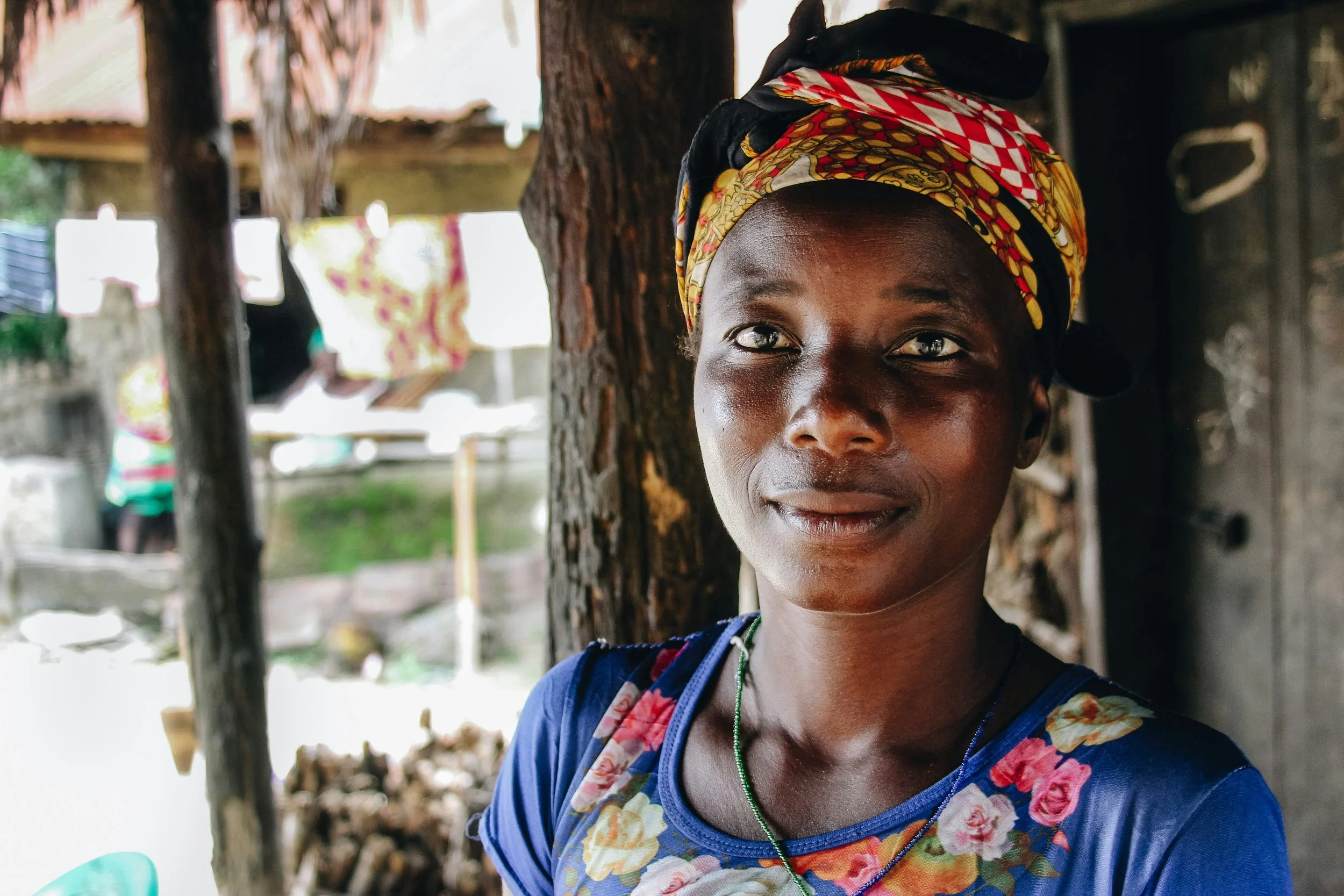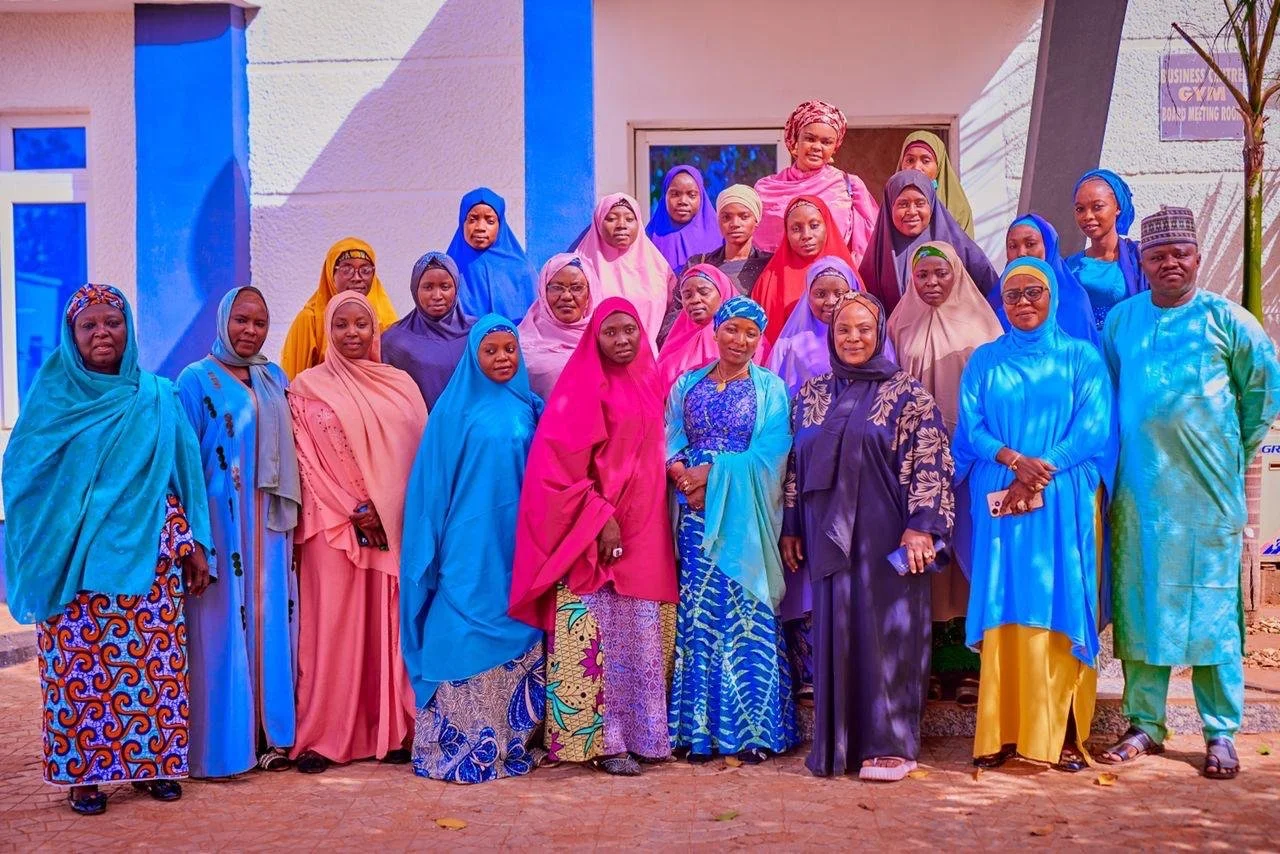Maternal mortality: an urgent global health problem
Every two minutes, a woman dies during pregnancy or childbirth. Maternal deaths are largely concentrated in the poorest parts of the world and in countries affected by conflict: about 70% of all maternal deaths were in sub-Saharan Africa. Countries with extremely high maternal mortality rates are South Sudan, Chad and Nigeria.
These are not just statistics, these are mothers, wives, sisters, and friends who are losing their lives. Pregnancy, instead of being a period of joy, is tragically still a dangerous experience for millions around the world who lack access to high quality, respectful health care. No woman should have to live in fear having a baby due to the risk of death associated with it, especially because their deaths are preventable: with the right care at the right time.
Several factors account for why millions of women, especially in Sub-Saharan Africa, lose their lives during pregnancy and childbirth, such as lack of access to healthcare, inadequate infrastructure, cultural barriers, and socio-economic disparities. For example, health-related factors that are the leading causes of maternal deaths include severe bleeding, high blood pressure, and underlying conditions that can be aggravated by pregnancy (such as HIV/AIDS and malaria). Another contributing factor is the high number of unsafe abortions. Low contraceptive uptake means that more women get pregnant unintentionally, and may see themselves resorting to unsafe abortion practices. Unsafe abortion is a leading, but preventable, cause of maternal deaths. To prevent these deaths, it is crucial to provide safe access to contraception as well as safe abortion services.
In response to these extremely high maternal mortality rates in Nigeria, Lafiya was founded to increase access to contraception. Lafiya addresses issues around access, affordability, availability, and sociocultural and religious barriers to modern contraception, with the goal of reducing maternal mortality.
Findings reveal that 1 out of 4 women in Nigeria want to use contraception but do not have access to it. This is called the “unmet need”. Lafiya responds to this unmet need in Nigeria by purchasing and distributing an innovative, self-injectable contraceptive called ‘Sayana Press’ (or DMPA-SC) free of charge. Sayana Press is safe, effective, and provides contraceptive cover for three months from a single injection. Lafiya works in the most rural areas of northern Nigeria with a trusted network of nurses and midwives, called Lafiya Sisters. Through this cost-effective and community-based distribution model, Lafiya has distributed over 24,000 doses of contraception so far, putting agency back into the hands of 13 000+ women in northern Nigeria.
You can support Lafiya’s work by donating. Every donation can help us to scale up & save the lives of more women. You could also volunteer your time and services with us by emailing us at info@lafiyanigeria.org. Together we can reduce maternal mortality rates by increasing access to contraceptives for women in Nigeria.



